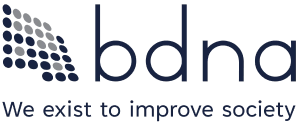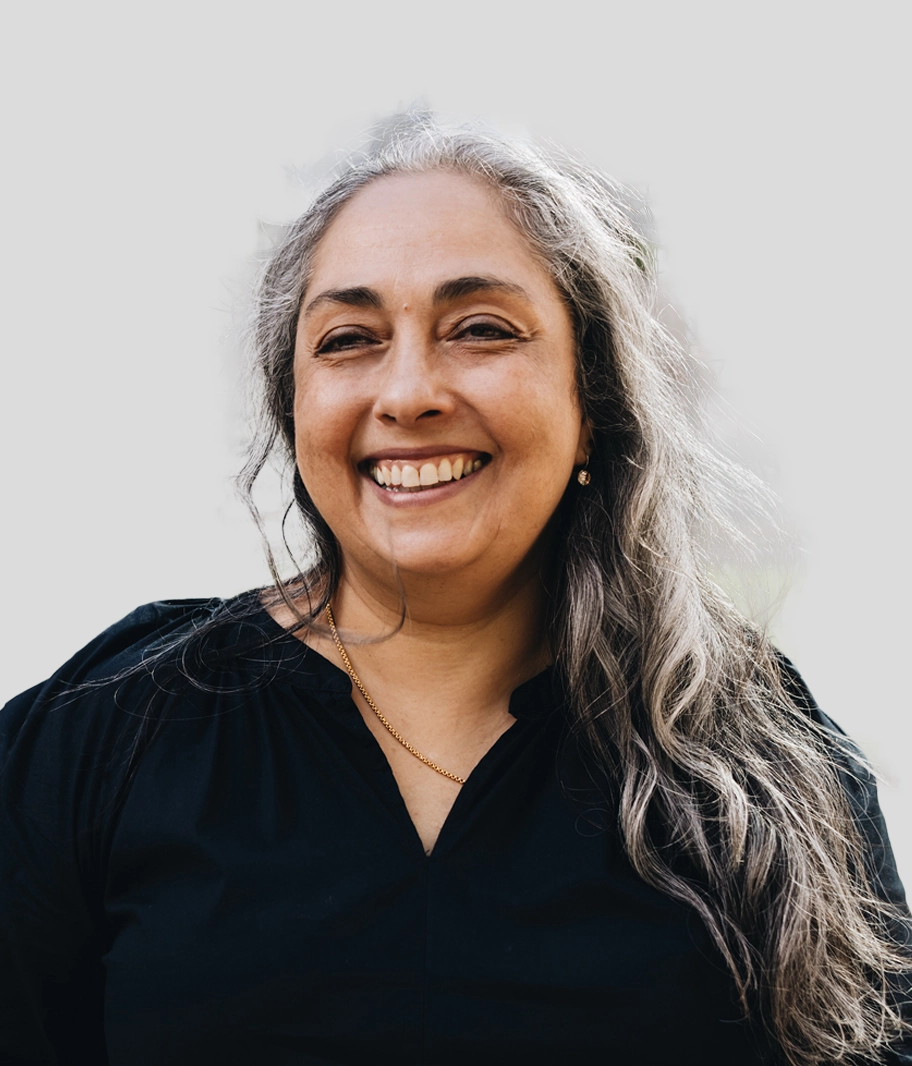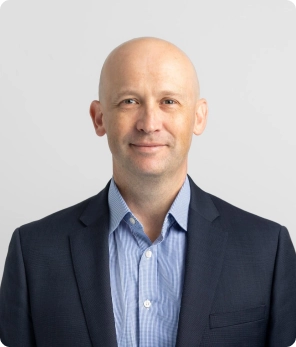From classroom to coding
Today, we are shining a spotlight on Dayle, a key member of our software engineering team. In a world where many of us are likely to have multiple careers in our lifetimes, few take the bold leap that Dayle did.
After dedicating 13 years as an accomplished school teacher, she dived into the world of code, showcasing that in today’s ever-evolving professional landscape, it’s never too late to pivot, learn, and find your true calling.
At bdna, we recognise that transferable skills can be invaluable assets in our projects. We believe in the power of diversity and value individuals who bring unique perspectives and experiences to our team. Our talent pool comprises not only seasoned experts but also interns, recent graduates, and those like Dayle, who’ve made career transitions.
We consider ourselves lucky to have Dayle on our team. Her journey serves as a great illustration of how diversity of experience and thought are pivotal to high-performing teams.
A Spotlight Interview with Dayle
1. What inspired you to initially pursue a career in teaching?
My journey towards becoming a teacher was driven by a love for public speaking and a genuine passion for the subjects I chose to teach—Accounting and ICT. I strongly value education and wanted to share my enthusiasm for learning with others, to help shape their future success. I wanted a meaningful job that made me feel like I was contributing to the growth and well-being of others.
2. When and how did you first develop an interest in software engineering?
I borrowed a friend’s coding textbook when I was about 17 and taught myself how to code in Delphi. Just simple games and choose your own adventure stories, but I loved it and immediately regretted not choosing technology-based subjects in school.
3. What was the tipping point or moment that made you decide to make the career change?
I realised that the part of my job I loved the most was making electronic interactive educational resources for students. I made games in PowerPoint and Flash and almost every lesson I would have an Excel spreadsheet using an “if then” formula that would provide students with immediate feedback on their work. The school closures and learning from home days over the Covid-19 lockdowns gave me more time to work on these resources. This made me realise I wanted to develop software full time and acquire the skills to make more sophisticated programs.
4. How did you approach the learning curve associated with transitioning to software engineering?
I was lucky to be in the position where I could resign from my job as a teacher and focus entirely on studying full time. I did a 6-month intensive boot camp which involved many long days and late nights but was achievable because it had an obvious end point. I took extensive notes, watched lots of step-by-step videos and engaged in fun coding challenges and creative projects to help me learn.
5. How do you think your background in teaching has benefited you in your role at bdna?
Teaching provided me with transferable skills vital in my new role at bdna:
Communication: Important for team collaborations, technical discussions, and documentation.
Adaptability & Lifelong Learning: Education’s evolution mirrors the ongoing learning needed in software engineering.
Attention to Detail: From grading student work to writing efficient code, precision is key.
6. What were some of the challenges you faced during the transition? How did you overcome them?
The biggest challenge I encountered was imposter syndrome. In the beginning there was so much to learn all at once and I questioned my competence and knowledge. I felt self-doubt and as though I was unworthy of my position. I would minimise my achievements, especially in social situations.
There were several strategies I used to overcome this which I would recommend to others going through a similar situation:
Remember that you are not alone in feeling this way.
Embrace it. Be comfortable with the uncomfortable. Technology is fast paced, constantly evolving and requires lifelong learning. A competent developer doesn’t know everything but can learn and grow.
Take credit for your success, celebrate the small wins.
Keep track of your achievements and don’t minimise them.
Don’t talk yourself down in the workplace.
Accept constructive criticism as a means to better yourself, rather than an attack on your skills.
Don’t compare yourself to others. If you must then compare yourself to someone, compare your progress to your past self.
7. How has bdna supported you throughout your transition?
Bdna has been instrumental in facilitating my career transition by showing confidence in my potential and offering me the opportunity to join their team as a graduate software engineer.
My colleagues have been a constant source of guidance, help, and support. There are team members who always check in to see if I need assistance and are readily available to help troubleshoot any challenges I face. Others generously invest their time to mentor and guide, breaking down tasks into manageable steps with clear explanations. Through the code review process, I have also been given encouragement and constructive feedback from Senior Developers on how I can improve my code. Their collective support has been instrumental in my growth and learning.
8. What advice would you give to others who might be considering a similar career change?
Don’t let fear be what stops you from taking the plunge into a new career. I made a list of all the worst-case scenarios for what could happen if I left teaching and then developed strategies to address and/or prevent each one.
Take the time to reflect on your skills, interests, and values. Understand what truly motivates you and what you’re passionate about. This self-awareness will guide you toward a more fulfilling career.
Conduct research to explore potential career options and talk to people working in the industry you are considering. Think about the positives and negatives associated with the job and ensure it is what you really want to do. Look into the job market and demand for your chosen field.
Attend networking events, join relevant online communities, and seek informational interviews to gain insights and build relationships.
Be proactive and take action- even if it’s just in a small, seemingly insignificant way. This builds momentum and adds up over time.
Our takeway
Dayle’s switch from whiteboards to keyboards is a reminder of the adventures waiting out there for those willing to take the leap. Every skill you pick up along the way, no matter where you’ve been, can shine brightly in a new setting.
At bdna, we’re all about that mix. We love bringing people onboard from all walks of life because it gives us fresh eyes and new angles on the challenges our clients face.






